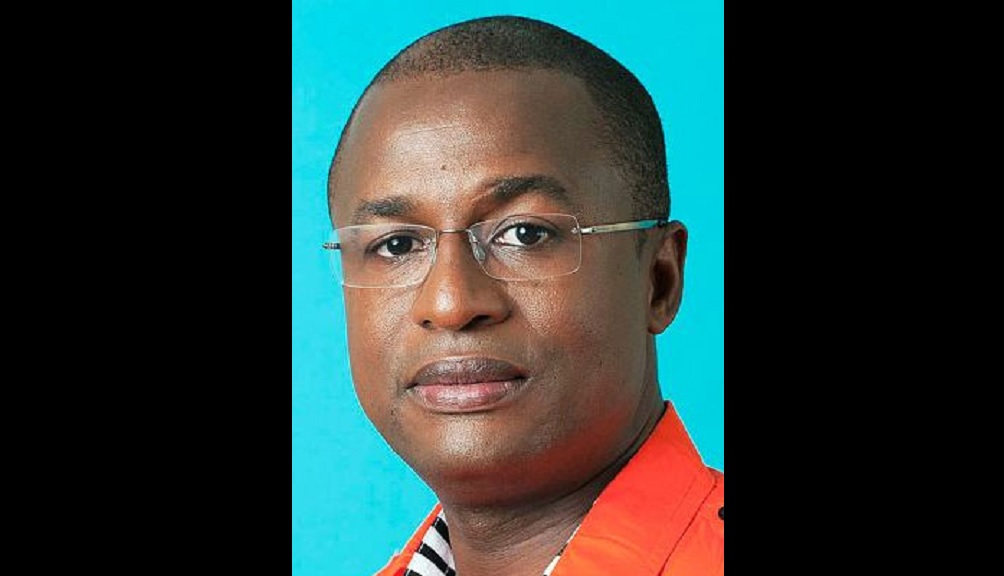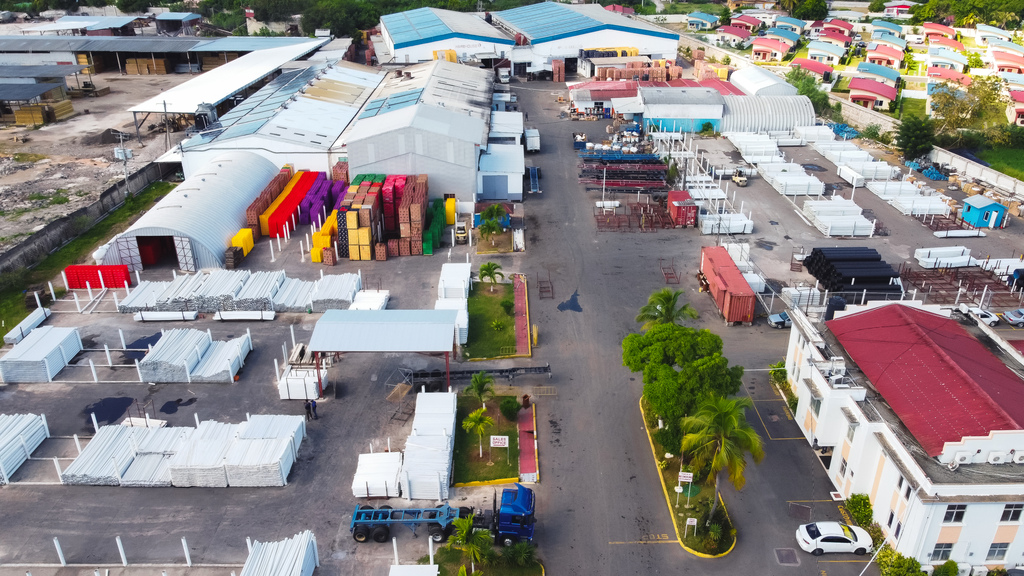

Opposition Spokesman on Water, Ian Hayles says the three-month amnesty for customers of the National Water Commission (NWC) that was announced by Prime Minister Andrew Holness on Sunday was a knee-jerk reaction that shows desperation on the part of the Government.
Under the amnesty that is set to begin on January 2, 2025, pensioners and persons assessed as being in need based on the Programme of Advancement Through Health and Education (PATH), could see all of their outstanding NWC debt written off.
Holness made the announcement at the Jamaica Labour Party’s (JLP) annual conference at the national arena.
But, according to Hayles, the policy was not properly thought out. He was speaking Tuesday at a press conference called by the Opposition People’s National Party (PNP) at the party’s Old Hope Road headquarters in St Andrew. Hayles said that up to Monday, staff at the NWC were calling the Ministry of Labour and Social Security to ascertain the number of Jamaicans who are on PATH and how many are pensioners.
“So this was not well thought out, it was a knee-jerk reaction and it shows a level of desperation on the part of the government,” he remarked.
He added that in the end, no more than 10 per cent of the NWC’s 547,000 customers will benefit in any meaningful way from the amnesty.
Hayles told the press conference that up to 350,000 customers of the water utility were in some form of delinquency with approximately 150,000 not paying any bills at all.
He said there were 197,000 paying customers and that the state-owned company was owed a whopping $52 billion.
“This government has been there for nine years now and has done nothing about it,” he stated.
“The NWC customer base cannot tell you who is a customer from who is a PATH beneficiary. The policy was not thought out, it was a knee-jerk reaction,” he emphasised. The Opposition spokesman said a more meaningful way to help would be to offer a flat rate or a cap on the average 3,000 gallons of water used by each household monthly.
“Another thing is that you pay dollar-for-dollar in terms of sewage and water. You could cut back, you could have made an announcement if you really want to help those who are suffering, you could reduce the sewage (cost) by anywhere between 25 and 50 per cent”.
“After nine years of the JLP administration there’s no prosperity and there’s hardship on the land but in this party (PNP) we agree to help the poor, help the pensioners and all the other stakeholders.
But it must be met with a clear policy framework, research, consultation, board approval, management execution that speaks to a clear vision for the NWC,” said Hayles.
Related News

WATCH: Holness pushing for JLP groundswell out of annual conference

Omni Industries reports profit boost following market listing

Viral video sparks outrage: Jamaicans condemn reckless ackee handling


